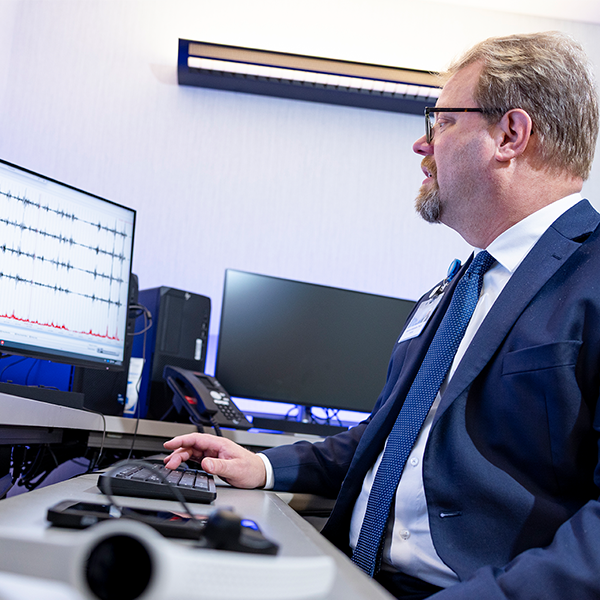
Many parts of the U.S. are experiencing increases in COVID-19 cases. According to Dr. Pritish Tosh, a Mayo Clinic infectious diseases expert, there's evidence to suggest that trend is going to continue and possibly get worse.
"There's a lot to suggest that this increase that we're seeing now in COVID-19 activity is going to continue and perhaps even get even higher in certain parts of the country. As they say, it's sometimes darkest before the dawn," says Dr. Tosh. "At the same time, there's a promise of several new vaccines on the horizon. Of course, right now, we don't know what the efficacy or the safety profile is of this of any of these yet, but there is at least that promise on the horizon that we will get out of this. But before we get out of this, there's going be a lot of people who are at risk, and we need to keep them safe."
Journalists: Broadcast-quality sound bites with Dr. Pritish Tosh and Dr. Joerg Herrmann are in the downloads at the end of the post. Please courtesy "Pritish Tosh, M.D./Infectious Diseases/Mayo Clinic" and "Joerg Herrmann, M.D./Cardiovascular Disease/Mayo Clinic."
Hypertension, cardiovascular disease, diabetes and cancer are among the conditions that put certain people into a high-risk category for developing more severe COVID-19 illness. Patients with both cardiovascular disease and cancer may be at significantly increased risk of experiencing worse outcomes related to COVID-19 infection. Studies have shown that those patients had a significantly higher risk of contracting more serious illness, requiring ICU admission or ventilation, and are at higher risk of dying from the disease.
Dr. Tosh and Dr. Joerg Herrmann, a Mayo Clinic cardiologist, say the first and most important intervention is preventing these patients from getting COVID-19 in the first place.
"I think the first step is really the simplest but the hardest: wearing a mask, hand-washing, sanitizing, and then really staying out of out of gatherings — these sort of mass gatherings — keeping the distance. It's as simple as that. I think that's so crucial for heart disease patients and cancer patients. I think there's nothing more effective than that, to be honest," says Dr. Herrmann. "And then, obviously, for the heart disease patients, cardiovascular health is what we like to emphasize. That would be a healthy diet and lifestyle and taking care of all your risk factors and continuing to take all cardiovascular medications as you need them."
The importance of prevention is not just for those high-risk patients. Dr. Tosh says it's something everyone needs to focus on.
"What we're seeing through this is that it's often not the high-risk people who are doing the high-risk activities. It's the lower-risk people— young adults who are otherwise quite healthy — going out and going to bars, coming home with some sniffles, and then visiting their grandparents. And then those are the ones who end up getting sick and dying. And, so, it's not just focused on those with the highest risk of complications or death. I think it's just something we all need to focus on," adds Dr. Tosh.
Influenza is something Dr. Herrmann says heart disease patients also should take seriously.
"There's good literature that heart disease patients do better, even in terms of lower risk of dying, if they get the flu shot," says Dr. Herrmann.
Since many COVID-19 symptoms are identical to the common cold or flu, experts recommend everyone 6 months and older get vaccinated for the flu this season to help reduce the burden on the health care system.
Related posts:
Information in this post was accurate at the time of its posting. Due to the fluid nature of the COVID-19 pandemic, scientific understanding, along with guidelines and recommendations, may have changed since the original publication date.
For more information and all your COVID-19 coverage, go to the Mayo Clinic News Network and mayoclinic.org.
Related Articles







